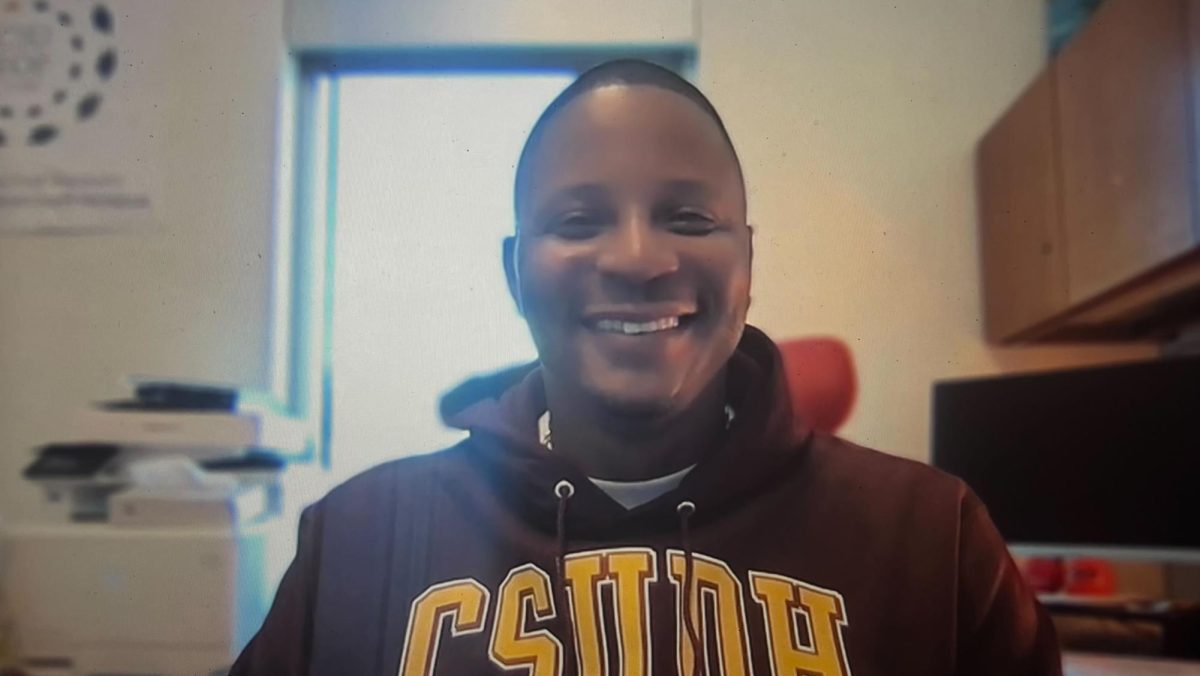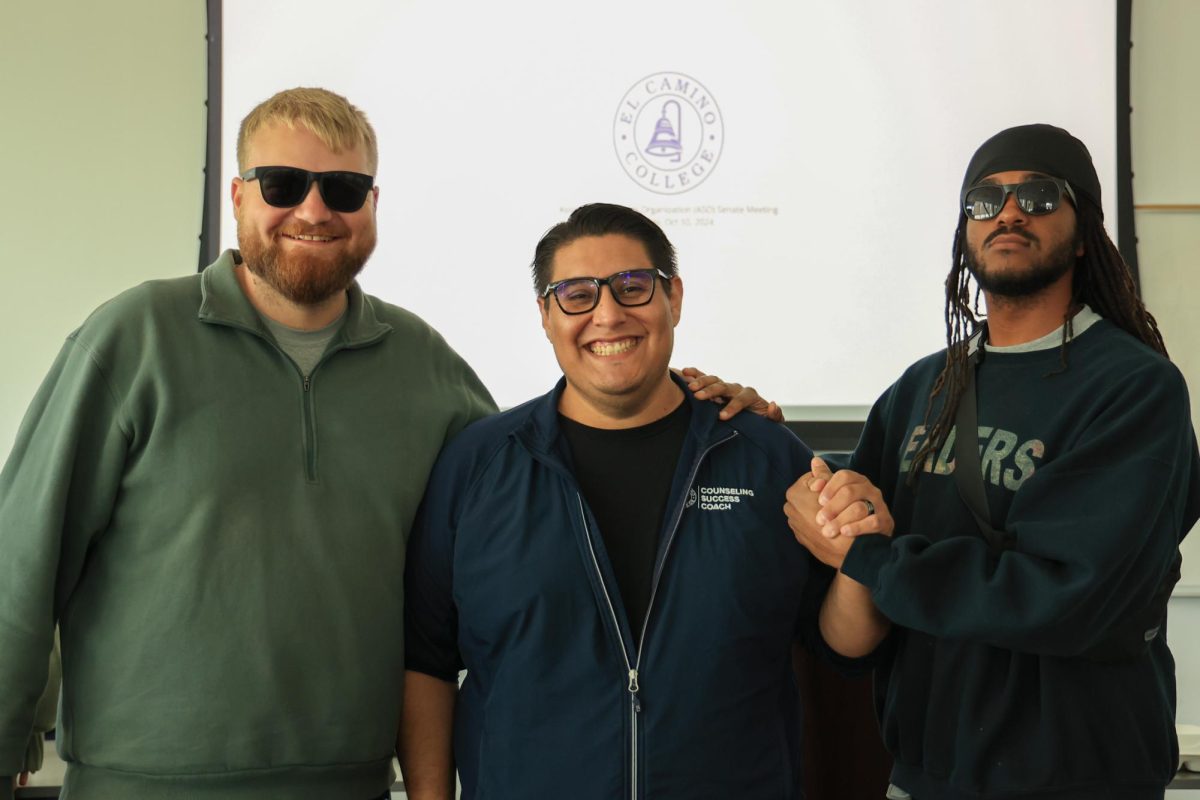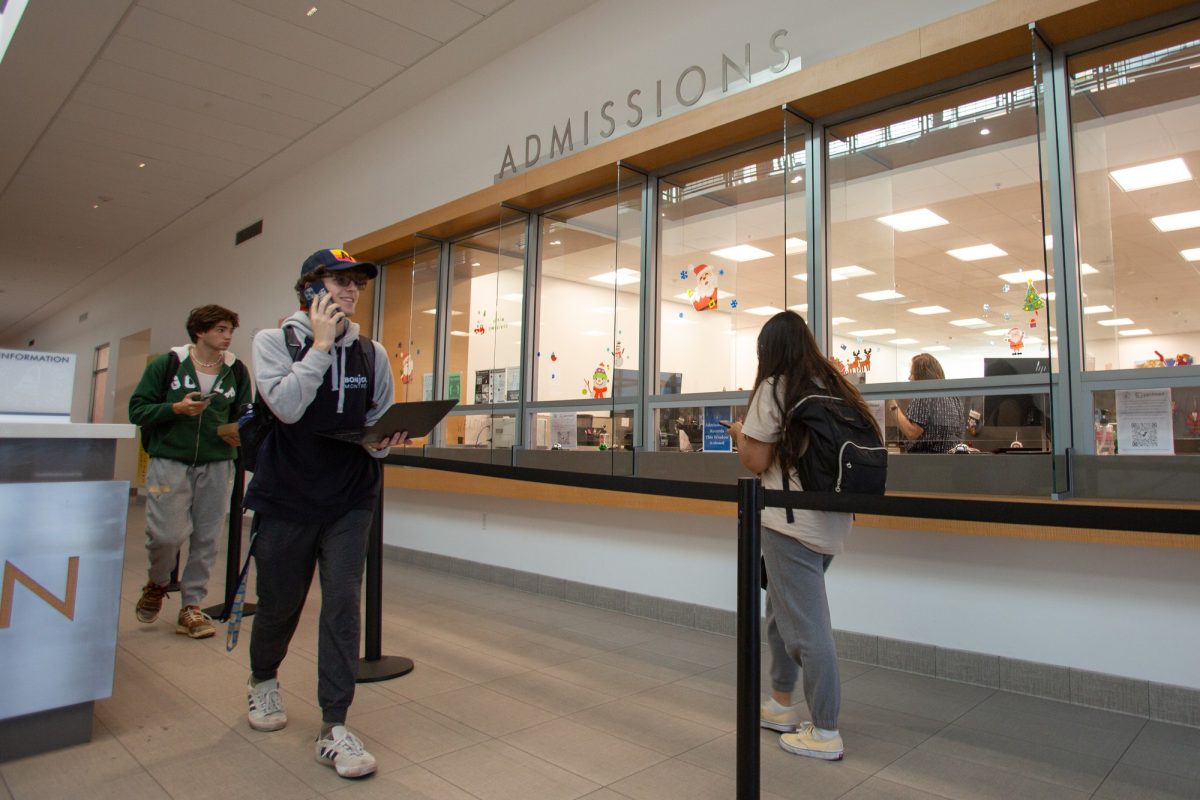After a difference of opinion over officially endorsing Proposition 30, the board of trustees suspended a vote on the matter until their next meeting, Jasmine Hormati, board of trustees’ student representative, said.
Only four out of the five board members with voting power were present at the meeting.
“The split between the board was caused because two members had concerns whether the money would come back to schools while the other two members felt very strongly that schools in California would in fact benefit greatly from Proposition 30,” Hormati said. “Wanting more information to make an informed decision either way, we tabled the vote until the fifth trustee was present.”
Bill Beverly, board president, said that viewpoints expressed by board members during the discussion of Proposition 30 indicated that if a vote had been taken it would have ended in a tie.
Beverly said that his personal reticence in supporting Proposition 30 was due to the broad nature of the measure.
“The problem is that the measure itself doesn’t guarantee that the increases will result in supplemental money for education. In other words, they still could take these tax increases but not give us more money because there is no guarantee,” Beverly said.
Without the passage of Proposition 30, schools and colleges face an additional $6 billion in budget cuts, affecting K-12 schools, community colleges, the California State University system and the University of California system, according to the California Voter Guide.
Hormati said that people had the power to help protect education by voting for Proposition 30 in November.
“Proposition 30 is really important because if it doesn’t pass, we’re going to have budget cuts, which means less classes, less services for students and as a student rep. (representative), I think that is a really big issue,” Hormati said. “If it doesn’t pass, we’re going to be in a lot of trouble across California.”
Kenneth Brown, board member, said that although Proposition 30 has its benefits, there is no explicit language in the proposition that specifies the exact amount of money that will go directly to community colleges, but if Proposition 30 does not allocate necessary support there will be guaranteed cuts.
“It’s really important that the word get out to anyone of voting age that this is directly going to affect them,” Brown said.
He added that it was the “duty” of voters to research the measures and candidates that will be on the November ballot.
The next board meeting is scheduled for Oct. 5 and will be held in the board room located in the Administration Building. Meetings are open to the public.
“I am frankly not one that has a whole lot of faith or trust in them (politicians),” Beverly said. “So even if we base it (vote for Proposition 30) on the fact that if we get more money and there won’t be cuts, at the end of the day when they (politicians) go back to Northern California they can do whatever they want.”








